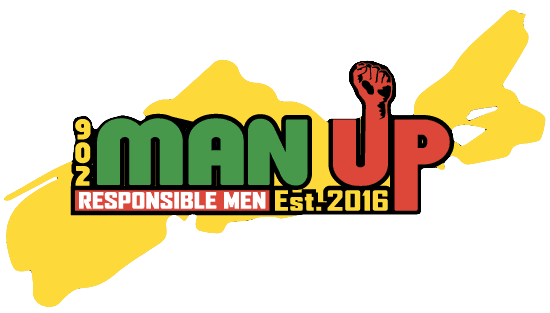Black Advocacy
The Impact of Criminal Justice on Racialized and Less Privileged Young Adults in the Black Community
- Over-policing and Racial Profiling: Young Black individuals are disproportionately targeted by law enforcement, leading to higher rates of stops, searches, and arrests, often for minor infractions.
- School-to-Prison Pipeline: Harsh disciplinary policies in schools, such as zero-tolerance approaches, disproportionately push Black students out of the education system and into the criminal justice system.
- Mass Incarceration: Black individuals, including young adults, are incarcerated at significantly higher rates than their white counterparts for similar offenses, leading to disruptions in education, employment, and family stability.
- Economic Disparities: Criminal records create barriers to employment, housing, and education, perpetuating cycles of poverty and marginalization.
- Psychological and Emotional Toll: Constant exposure to systemic racism within the criminal justice system causes trauma, erodes trust in institutions, and fosters feelings of alienation and hopelessness.
- Community Disempowerment: High rates of incarceration and criminalization weaken the social fabric of Black communities, reducing access to stable family structures, role models, and economic opportunities.
Root Causes of the Problem
- Systemic Racism: The criminal justice system was built on practices and policies that historically marginalized Black communities, such as Jim Crow laws and redlining, and these effects persist today.
- Economic Inequality: Poverty increases the likelihood of interactions with the justice system, as less privileged individuals are often targeted for low-level offenses like loitering or fare evasion.
- Bias in Law Enforcement and Judicial Practices: Implicit bias and overt racism lead to disproportionate policing and sentencing of Black individuals. Cash bail systems and inadequate public defense disproportionately disadvantage those without financial resources.
- Lack of Community Resources: Underfunded schools, limited access to mental health care, and few community programs increase the likelihood of negative outcomes, including interactions with the criminal justice system.
- Media Stereotypes: The perpetuation of harmful stereotypes about Black individuals in media influences public perceptions and policy decisions, reinforcing racial bias in criminal justice.
- Legislative Policies: Harsh sentencing laws, like mandatory minimums and three-strike rules, disproportionately impact Black communities.
How We Address These Issues
Advocacy for Policy Reform:
- Push for reforms like ending cash bail, reducing mandatory minimum sentences, and decriminalizing minor offenses. Advocate for fair sentencing and the elimination of laws that disproportionately impact Black communities.
Community-Based Policing Programs:
- Encouraging partnerships between law enforcement and community organizations to build trust and accountability.
- Promoting initiatives like body cameras, anti-bias training, and civilian oversight committees.
Legal Support and Education:
Provision of free or low-cost legal aid to individuals who cannot afford representation.
Educating community members about their legal rights and how to navigate the justice system.
Alternatives to Incarceration:
- Development of diversion programs that focus on rehabilitation, education, and mental health treatment instead of incarceration.
- Partnership with local courts to implement restorative justice practices.
Youth Outreach and Intervention:
- Creating programs that address root causes of criminal behavior, such as mentorship, academic support, and job training.
- Establishing safe spaces for youth to engage in constructive activities and build positive relationships.
Supporting Re-entry and Rehabilitation:
- Provision of resources like job training, housing assistance, and counseling to help formerly incarcerated individuals reintegrate into society.
- Working to remove barriers to employment and education caused by criminal records.
Data Collection and Public Awareness:
- Collecting and sharing data on racial disparities in the justice system to drive public awareness and policy changes.
- Using storytelling and community events to humanize the experiences of those affected by systemic injustice.
Coalition Building:
- Collaborating with other organizations, activists, and community leaders to amplify efforts for justice reform.
- Engaging in intersectional advocacy to address issues like housing, education, and healthcare that intersect with criminal justice.
Promote Legislative Advocacy:
- Mobilizing communities to advocate for legislative changes at the local, state, and national levels.
- Workinging with policymakers to draft and pass laws that promote equity and accountability in the justice system.
Address Implicit Bias in Society:
- Conducting workshops and campaigns to challenge stereotypes and reduce stigma surrounding Black communities.
- Partnering with media outlets to counter negative portrayals and promote positive narratives.
By addressing systemic inequities, advocating for reform, and empowering communities, we are playing a pivotal role in ensuring the Black community is treated fairly and with equal rights in the criminal justice system.
©2025. 902 Man Up. All Rights Reserved.

